10 Winners And Losers For 2010

You Win Some...You Lose Some
In the never ending ebb and flow of fortunes in the IT industry, there emerges each year a group of companies that came to win and a group that dropped the ball. Sometimes fortunes are linked to circumstance, but more often they depend on corporate decisions or attitudes that end up having long term ramifications.
So it was in 2010, a year that saw many companies ride the wave of virtualization and cloud computing to new heights of fiscal success, while other companies trampled on privacy and treated their customers in somewhat insensitive ways. CRN here presents five winners and losers from the past year along with an explanation of why they were chosen for their respective categories.
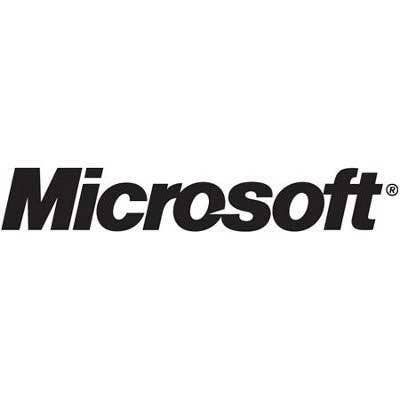
Loss: Microsoft's Mobile Story Continues Its Soporific Path
Microsoft began 2010 behind its competition in the mobile space, and it didn't succeed in making up much ground over the course of the year. At CES 2010, CEO Steve Ballmer alluded briefly to Windows 7 tablets, but such a beast didn't arrive until October when HP's way-too-expensive Slate 500 hit the market.
Then there was the disaster of Microsoft's Kin mobile devices. Microsoft pulled the plug on Kin just six weeks after launch, ensuring the product would always have a spot on the company's biggest failures list.
Microsoft started 2010 with the dead-in-the-water Windows Mobile and the company did make strides on this front, unveiling Windows Phone 7 in February. The OS received positive reviews, but didn't actually reach stores in the U.S. until November. Microsoft says in excess of 1.5 Windows Phone 7 handsets have been sold since, but the jury is still out on whether the OS will be able to steal much market share from iOS and Android.
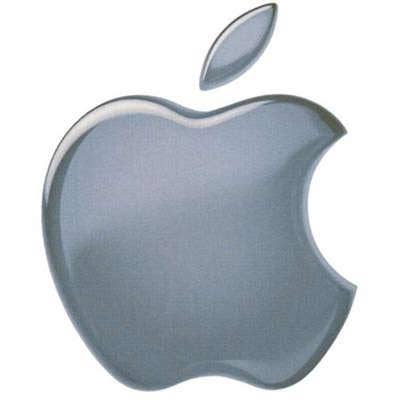
Loss: Apple Haughtily Dismisses Issues With Popular Products
Apple's iPad was a huge hit in 2010, but the company once again showed its tendency to treat customers like idiots. When initial supplies of the iPad dried up, Apple crowed about the "unprecedented demand" for the device, deflecting blame in characteristic fashion. But the real doozy, of course, was Apple's handling of attenuation issues with the iPhone, which came to be known as "Antennagate".
The iPhone 4 was well received, but when folks started complaining about calls dropping while holding the device a certain way, Apple's response was, essentially, "Don't hold it that way -- problem solved".
That didn't quell customer discontent, though, and it was only when Apple's stock starting taking a hit that Apple came to the table with an actual solution, in the form of free bumper cases for iPhone 4 customers.
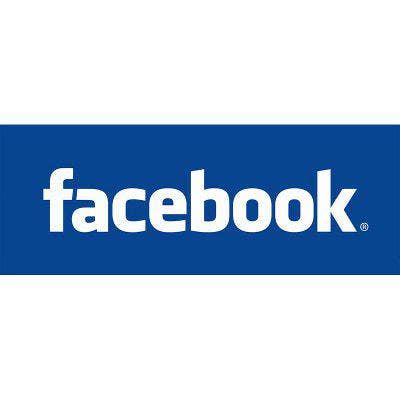
Loss: Facebook Plays Bull In The China Shop Of Privacy
Facebook's valuation is most likely headed to the stratosphere, but in 2010 it continued to exhibit a cavalier attitude toward privacy. Controversy raged over its Instant Personalization feature, and Facebook pledged to simplify its privacy settings. Facebook has also added measures designed to plug privacy loopholes, but that hasn't stopped some subscribers from deciding they've had enough.
Amid reports a number of apps had been leaking personal information to advertisers and Internet tracking firms, Facebook admitted a data broker paid app developers for user identification information.
Meanwhile, Facebook paid plenty of attention to companies it feels are trying to ride its coattails. This culminated in Facebook's ridiculous lawsuit in October against a Northbrook, Ill.-based company called Teachbook.com, a free online community designed for teachers.
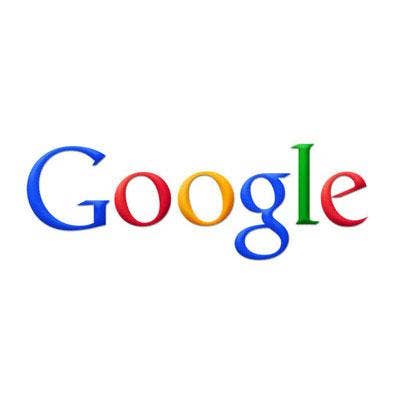
Loss: Google Learns That Non-Search Related Businesses Are Hard
Google began 2010 with an attempt to reshape the balance of power between carriers and handset makers with its HTC Nexus One Android smartphone. Google's plan was to sell Nexus One directly to customers through its Google Web retail store.
Despite the potential for channel conflict, the move was hailed as a ploy to shake things up. Things didn’t work out as planned, though, and Google in May stopped selling Nexus One directly and in July halted sales altogether.
But that paled in comparison to Google's Street View snafu. In May, Google revealed that its Street View cars had inadvertently acquired roughly 600 GB of user data transmitted in more than 30 countries, which Google eventually admitted held personally identifiable information. Many countries subsequently banned Street View data collection and Google is facing an investigation by the FCC.
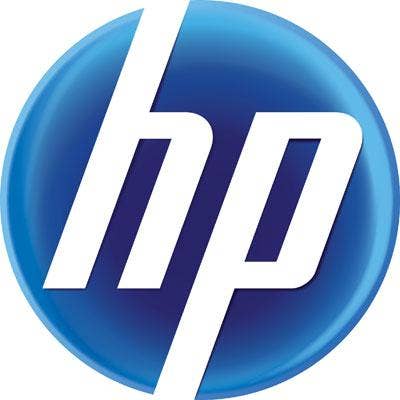
Loss: HP Forces Hurd Out, Sees Him Land Unscathed At Oracle
HP probably had no choice but to let CEO Mark Hurd go after a contractor's sexual harassment claim found him in violation of HP's Standards of Business Conduct. However, what transpired after amounted to a big old pile of trouble for HP. First, Oracle CEO Larry Ellison and former GE Chairman Jack Welch publicly lambasted HP's board for its handling of the Hurd issue, then HP's board was slapped with a class action lawsuit alleging violations of their fiduciary duties.
But that was nothing compared to what followed when Hurd joined Oracle as co-president. HP initially threatened to sue Hurd, but later relented. However, HP stirred things up by hiring former SAP CEO Leo Apotheker to replace Hurd, prompting an apoplectic fit from Ellison.
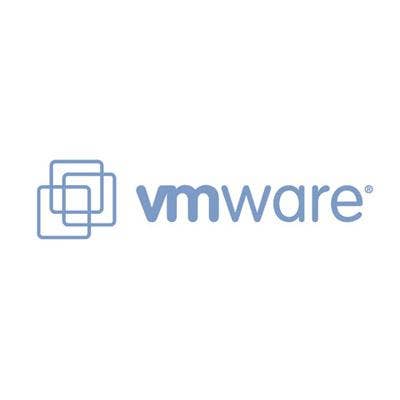
Win: VMware Makes Hay With Virtualization, Gallops Into Cloud
Few companies are better positioned to ride the wave of server virtualization, cloud computing and increased data center spending than VMware, and the EMC subsidiary was hitting on all cylinders in 2010. VMware in October simplified its pricing model for service providers using its vCloud platform to build cloud services. VMware also doubled the number of products in its VMware Service Provider Program.
Services are another emerging area of opportunity for VMware and its partners, many of whom find themselves with more work than they can handle. "Our customers are looking to VMware to make cloud computing a reality," CFO Mark Peek said in October. "It is clear that virtualization is the cornerstone to the cloud."
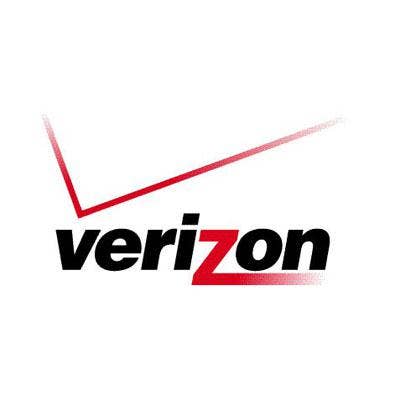
Win: Verizon Cast As Savior For Frustrated AT&T iPhone Customers
No rumor was more persistent in 2010 than the one about Apple ending AT&T's iPhone exclusivity. For AT&T customers fighting connectivity issues, the promise of a Verizon iPhone served as a beacon of hope that one day they'd be able to use their devices wherever they wanted. For all of AT&T's protestations to the contrary, popular belief within AT&T's subscriber base is that the carrier hasn't equipped its network to handle heavy load in big cities. Popular wisdom held that Verizon, with the nation's largest and most expansive network, would offer a much better experience.
Verizon CEO Ivan Seidenberg openly flirted with the idea of carrying the iPhone. Finally, in the early days of 2011, the Verizon iPhone became a reality.
Verizon will now have to prove it can succeed in keeping iPhone users happy, but during 2010, Verizon received a lot of good karma by default due to the angst simmering within AT&T's subscriber base.

Win: ARM Holdings' Business Buoyed By Mobile Explosion
ARM Holdings is sitting pretty these days as the mobile revolution continues to drive demands for its chip designs.
ARM -designed chips power devices like the iPhone 4 and iPad, and ninety-five percent of the world’s mobile handsets and more than one-quarter of all electronic devices. Meanwhile, the slow pace of Intel and AMD's moves into the mobile processor space has given ARM an abundance of confidence.
In November, ARM co-founder Dr. Hermann Hauser told The Wall Street Journal that the value of chips for which ARM collects a royalty had overtaken Intel’s microprocessor revenue for the first time.
ARM in 2010 shipped its dual-core Cortex-A9 reference architecture and began showing off its forthcoming Cortex-A15, which according to ARM, can help the company challenge incumbents in the server market.
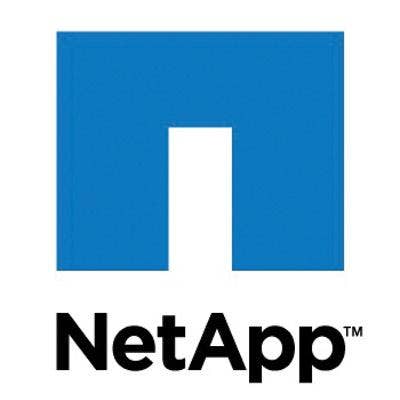
Win: NetApp's Channel Embrace Pays Big Dividends
NetApp's decision to funnel more of its sales through channel partners, as well as strength in its commercial and government businesses, helped propel the company to the fastest growth of any major storage vendor in 2010. NetApp's steadfast focus on hardware, and an unflinching pledge to let partners handle services business, has been a winning formula for a company that has one of the most diversified channels in the IT industry.
In November, Tom Georgens, NetApp's president and CEO, shrugged off concerns over rival EMC's acquisition of Isilon and boasted of organic growth of over 30 percent. But NetApp isn't snoozing on the EMC front: In early January NetApp boosted its cloud portfolio with the acquisition of Akorri Networks, a developer of technology that automates, analyzes and manages IT infrastructure.
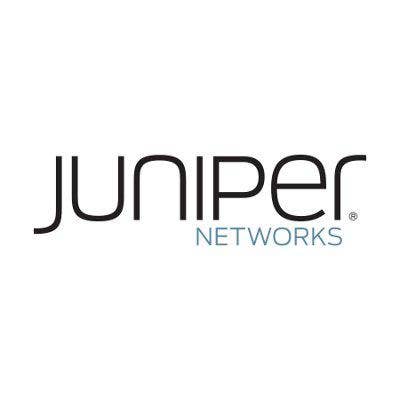
Win: Juniper Flexes Muscles In The Networking Space
Juniper in 2010 surprised a lot of folks by showing its aggressive side, exhorting partners to sell and lead with Juniper products. "We're focused on one thing, and it ain't Flip cameras or Palm smartphones," said Lauren Flaherty, executive vice president and chief marketing officer, at Juniper's partner conference in May. "The network is the only thing for Juniper."
Juniper has also been active on the M&A front, snapping up WLAN vendor Trapeze Networks, security vendor Altor Networks and Blackwave, a maker of Internet video storage and delivery technologies.
In fine-tuning its channel message around, "the New Network", Juniper also moved Frank Vitagliano, former senior vice president of worldwide channels, into a field operations role.